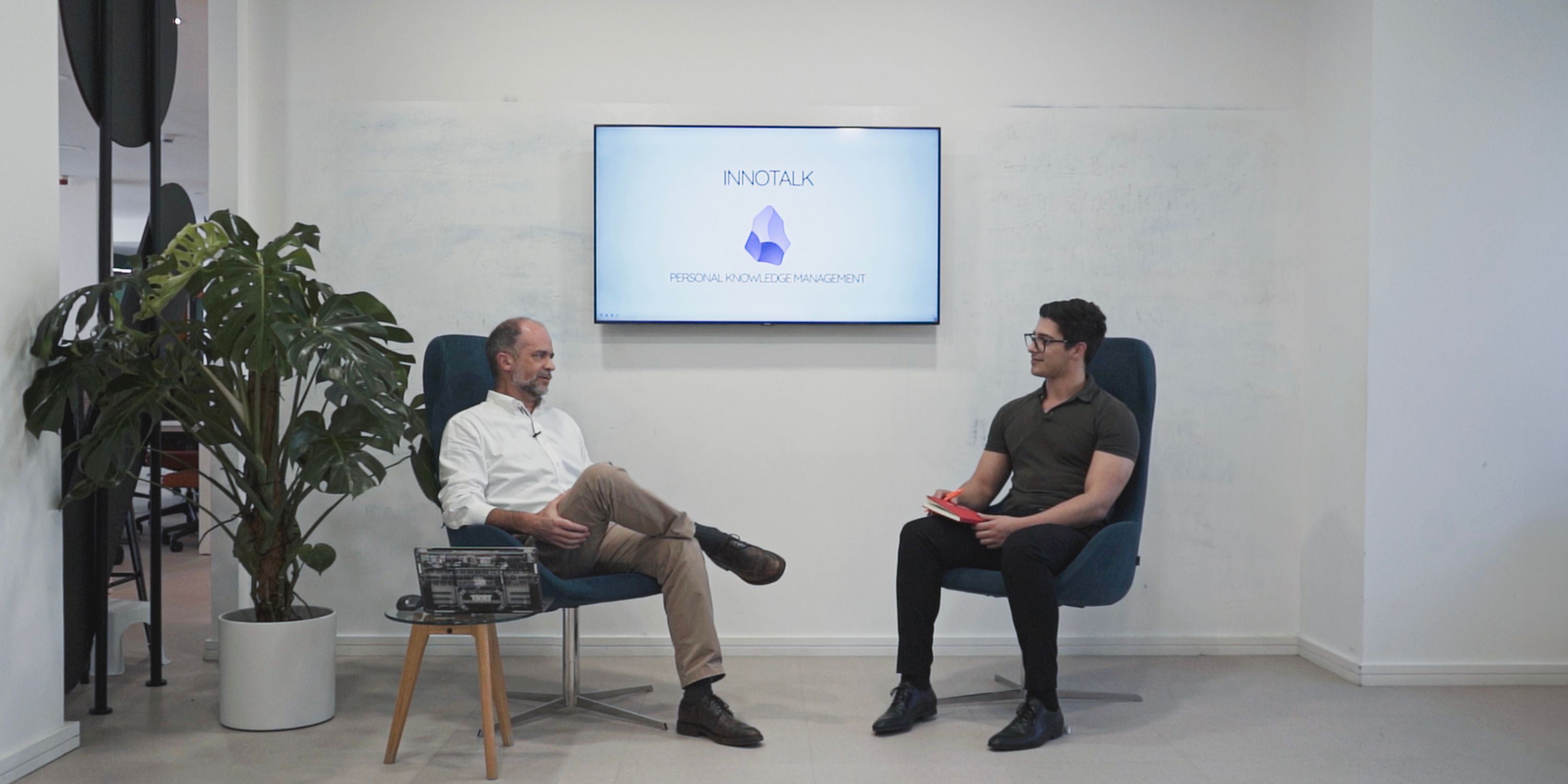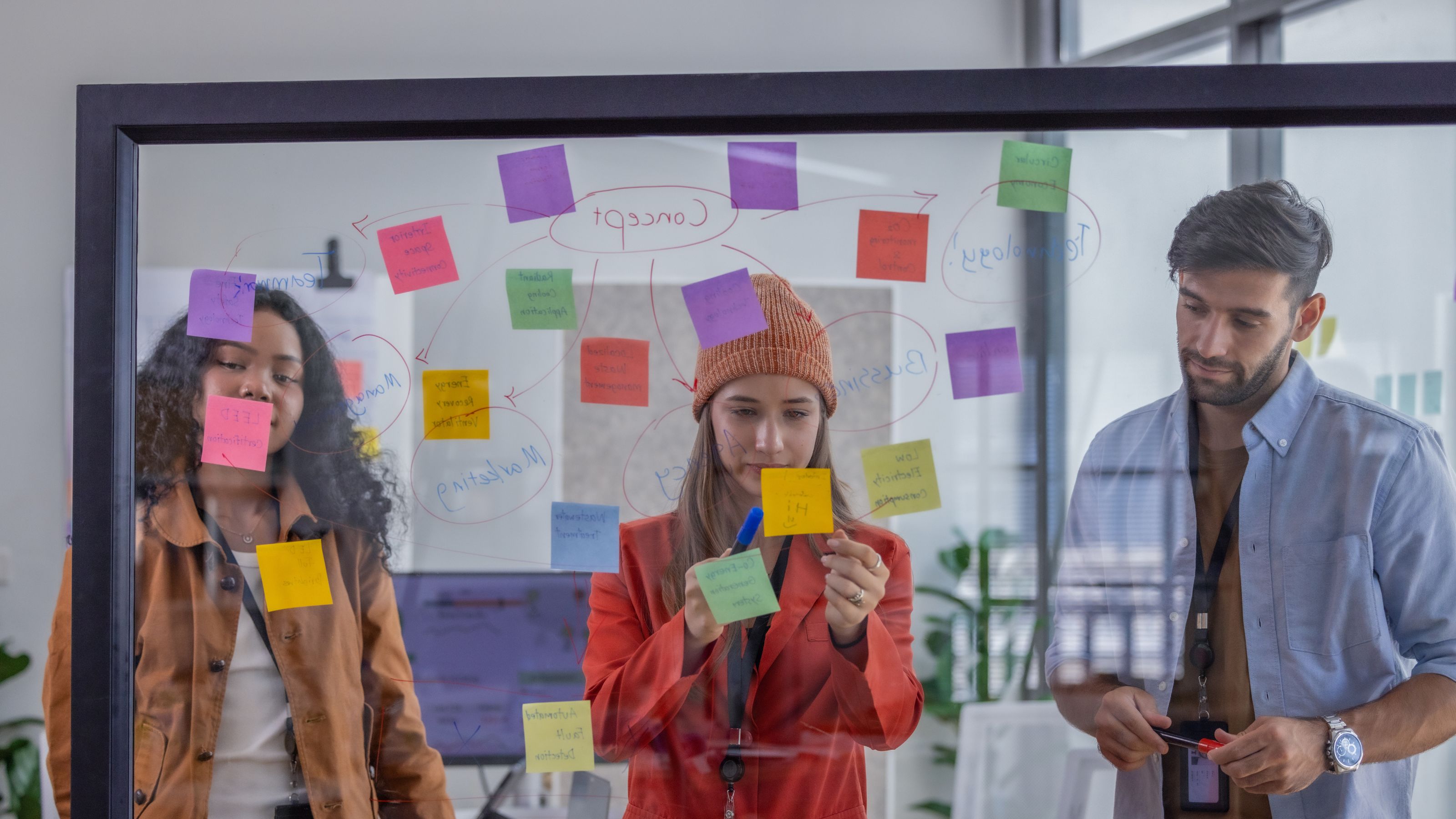Artificial Intelligence (AI) is no longer a futuristic concept; it is the driving force behind the next wave of business transformation. By 2030, AI will fundamentally reshape organizational structures, redefining how companies operate, make decisions, and deliver value.
From hierarchies giving way to networks, to new leadership roles emerging, organizations that embrace AI will position themselves ahead of competitors in terms of efficiency, innovation, and resilience.
In this article, we explore the key ways AI will reshape organizations by 2030, the challenges and opportunities ahead, and why forward-thinking companies, especially those leveraging nearshore IT talent in Europe, will have a competitive edge.
The Current State of AI in Organizations
Today, most companies use AI in limited forms: chatbots for customer service, recommendation engines for e-commerce, or predictive analytics for marketing. But by 2030, AI will move from a supportive tool to a core driver of strategy and structure.
- According to McKinsey, 50% of organizations have already adopted AI in at least one business function.
- The World Economic Forum forecasts that AI will displace 85 million jobs by 2025 but also create 97 million new roles.
- AI is evolving from automation of tasks to augmentation of human decision-making—reshaping not just processes but the very design of companies.
This transition requires organizations to rethink how they are structured, governed, and led.
From Hierarchies to Agile, AI-Driven Networks
Traditional corporate hierarchies, designed for stability and control, are poorly suited for an AI-driven world that values speed, adaptability, and innovation. By 2030, organizational structures will look more like dynamic networks than rigid pyramids.
Key Shifts:
- Decentralized Decision-Making: AI systems will handle data analysis and scenario modeling, empowering teams to make faster, localized decisions without waiting for executive approval.
- Agile Pods & Squads: Inspired by models from companies like Spotify, cross-functional teams will form around projects, supported by AI that automates coordination, resource allocation, and performance tracking.
- Human-AI Collaboration: Teams will be augmented with AI “co-workers” that handle repetitive tasks, allowing humans to focus on creativity, empathy, and strategic thinking.
By 2030, rigid job descriptions will fade, replaced by fluid roles that adapt as AI evolves.
AI-Enabled Leadership: The Rise of the “Chief AI Officer”
Leadership structures will also undergo significant change. While today’s executives focus on managing people, the leaders of 2030 will manage human-AI ecosystems.
New Leadership Roles:
- Chief AI Officer (CAIO): A role responsible for ensuring AI strategy aligns with business goals, ethics, and compliance.
- AI Governance Committees: Boards will include experts ensuring AI systems are transparent, fair, and explainable—addressing regulatory pressures from frameworks like the EU AI Act.
- Data & Ethics Officers: With AI relying heavily on sensitive data, new roles will emerge to balance innovation with privacy and fairness.
In essence, leaders will shift from “command and control” to orchestrating a symphony of humans and intelligent machines.
Workforce Transformation: New Skills, New Roles
AI will not just change how companies are structured, it will redefine who works inside them and what skills they need.
By 2030, organizations will see:
- Automation of Routine Work: Clerical, repetitive, and data-heavy tasks will be largely automated.
- Rise of Hybrid Roles: Employees will combine domain expertise with AI literacy—e.g., AI-powered financial analysts or healthcare practitioners.
- Continuous Learning Cultures: Companies will need to invest in reskilling programs to stay competitive. Initiatives like the OECD’s Skills Strategy show the importance of preparing for AI-driven economies.
- Soft Skills in Demand: Creativity, problem-solving, and emotional intelligence will be the differentiators as AI takes over technical processing.
In this future, AI won’t replace humans—it will replace tasks. Humans will focus on strategy, relationships, and innovation.
AI and the Redesign of Business Functions
By 2030, every major function of a company will be reshaped by AI:
- HR & Talent Management: AI-driven recruitment, predictive employee retention models, and personalized learning journeys.
- Finance & Operations: Automated forecasting, fraud detection, and supply chain optimization with predictive AI.
- Customer Experience: Hyper-personalized services delivered by AI systems analyzing behavior in real time.
- Product Development: AI-accelerated R&D, using generative design and simulation to test products virtually before physical prototyping.
This will require IT and nearshore development partners capable of integrating AI systems into business processes, ensuring scalability, compliance, and innovation.
Governance, Regulation & Ethics in AI-Shaped Organizations
The more organizations rely on AI, the more crucial ethics and governance will become.
- The EU AI Act is one of the world’s first comprehensive frameworks regulating high-risk AI applications.
- Harvard Business Review stresses that companies must adopt responsible AI practices to build trust.
- Transparency, explainability, and fairness will be embedded into organizational structures, with dedicated teams ensuring compliance.
By 2030, governance will not just be about financial oversight—it will include AI oversight as a boardroom priority.
Why Nearshore Partnerships Will Matter More Than Ever
As AI becomes central to business structures, companies will increasingly seek specialized IT partners to implement, manage, and optimize these technologies.
Here’s why nearshore IT in Portugal will play a critical role:
- Access to Top Talent: Portugal’s tech workforce is highly skilled in AI, machine learning, and software engineering.
- Cultural & Time Zone Alignment: Seamless collaboration with European companies.
- Cost-Effective Innovation: Competitive pricing without sacrificing quality.
- Thriving Ecosystem: Portugal hosts major tech events like Web Summit Lisbon, reinforcing its role as an innovation hub.
InnoTech, as a nearshore partner based in Portugal, is ideally positioned to help companies integrate AI into their organizational structures—ensuring agility, scalability, and compliance.
What Organizations Should Do Today to Be Ready for 2030
To prepare for AI-reshaped structures, leaders should act now:
- Audit Current AI Use: Map out where AI is already delivering value.
- Invest in Talent: Build AI literacy across all levels of the organization.
- Redesign Processes: Move toward agile, cross-functional teams supported by AI tools.
- Adopt Governance Frameworks: Establish ethics boards and align with regulations.
- Partner Strategically: Work with IT and nearshore partners that can deliver scalable AI solutions.
The winners of 2030 will be the companies that start restructuring today.
Conclusion: AI as the Architect of the Future Organization
By 2030, Artificial Intelligence will be more than a technology—it will be the architect of organizational design. Hierarchies will give way to networks, leadership will evolve to manage AI ecosystems, and workforces will be reshaped by hybrid human-AI collaboration.
Organizations that embrace this transformation early will not only survive but thrive—unlocking new levels of innovation, agility, and competitiveness.
At InnoTech, we believe the future belongs to companies that re-imagine technology and organizational design together. By leveraging nearshore AI expertise in Portugal, businesses can prepare today for the structures of tomorrow.



